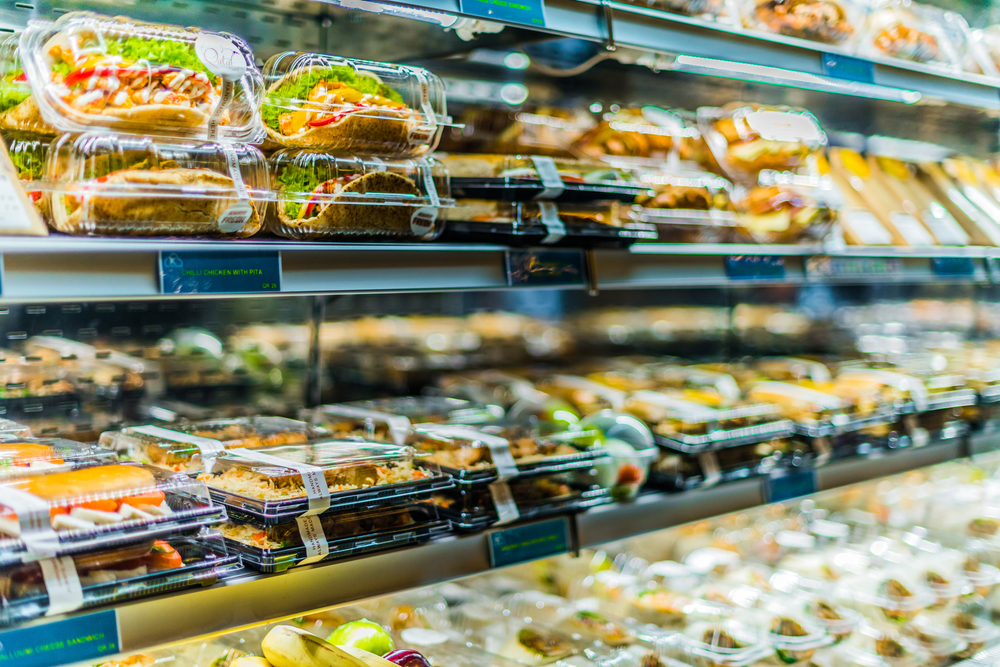The Food Safety and Standards Authority of India (FSSAI) has proposed a ban on the use of bisphenol A (BPA) and PFAS in food packaging.
This regulatory change could bring about a major shift in India’s food packaging landscape and bring India in line with global health and environmental standards.
The proposals were issued through the Draft Amendment to the Food Safety and Standards (Packaging) Regulations 2018 and were published on 6 October 2025.
FSSAI sought public and stakeholder comments for 60 days before finalizing the proposed amendments.
The hidden dangers of PFAS
Both BPA and PFAS are under scrutiny around the world for potential health risks.
BPA is widely used in the lining of cans and plastic containers and has been linked to hormonal disorders, reproductive problems, and developmental effects.
PFAS are used for their non-stick and oil-resistant properties and are associated with immune system suppression, thyroid disease, and increased cancer risk.
Phase out the use of PFAS in food packaging
According to the draft, “Food contact materials manufactured from polycarbonate and epoxy resins shall be free of bisphenol A (BPA) and its derivatives.”
Additionally, PFAS, commonly known as “permanent chemicals” because of their persistence in the environment, “must not be used in the manufacture of food contact materials.”
The move follows similar bans in other regions. In 2023, the European Food Safety Authority (EFSA) concluded that BPA has “potentially harmful effects on the immune system” and urged EU member states to introduce restrictions on its use in food and drink packaging.
Meanwhile, the U.S. Environmental Protection Agency (EPA) and several states have also moved to limit the use of PFAS in food packaging due to growing evidence of their environmental persistence and toxicity.
Growing awareness of chemical safety in India
Industry experts say FSSAI’s proposal reflects growing awareness of chemical safety in India’s rapidly expanding food and beverage packaging sector, which is worth over $70 billion and expected to grow 6-7% annually.
If passed, the proposed reform would accelerate the transition to sustainable materials by forcing packaging manufacturers to adopt safer alternatives, such as bio-based coatings, plant-based polymers, and PFAS-free grease barriers.
Environmental groups welcomed the move, noting that India’s decision could set a precedent for other developing markets to phase out the use of PFAS in food packaging.
If finalized, this ban would be a decisive step in India’s efforts to protect public health and align its food safety framework with international best practices.
Source link

